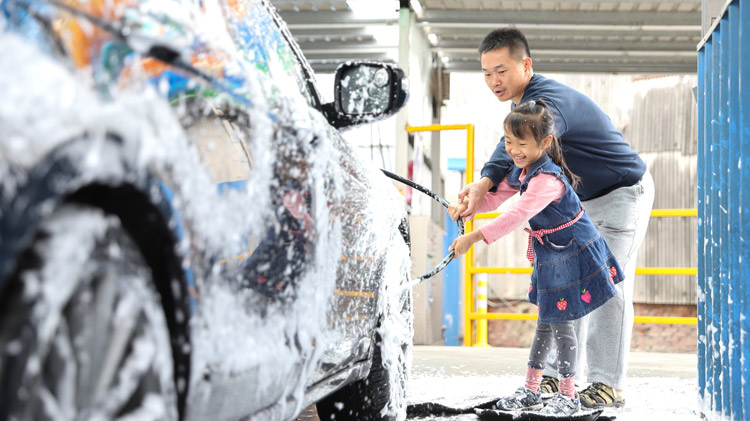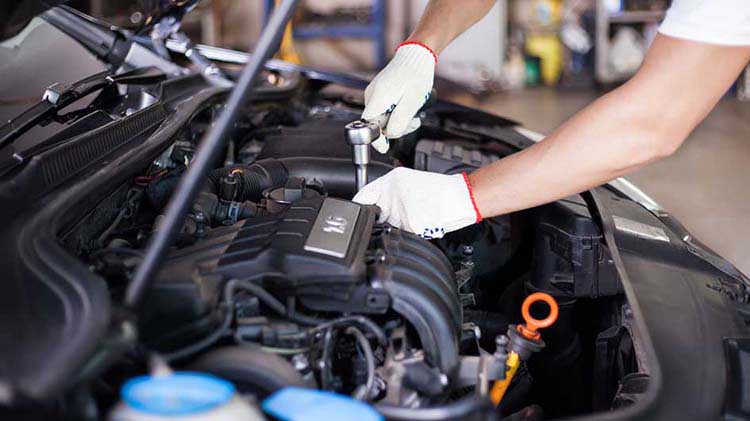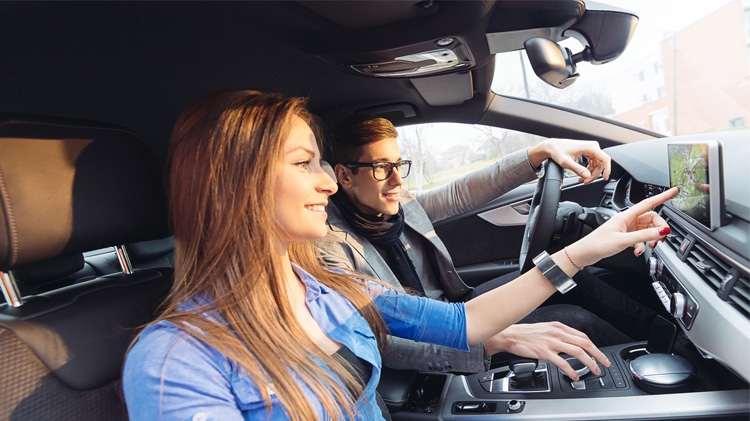What is car depreciation and how can it be minimized?
Worried that your car is worth less before you even drive it off the lot? Learn more about how car depreciation works and how to keep your car resale value as high as possible.
According to Ramsey, a new car’s value decreases 9–11% as soon as it’s driven off the dealership lot — dropping about 20% in the first year, and approximately 60% in the first five years. Learn more about depreciation of cars and tips to help minimize it, and check out our car depreciation calculator.
What is car depreciation?
According to Ramsey, depreciation is the difference between how much your car was worth when you bought it and what it’s worth when you sell it. Several things can affect the rate of depreciation. Any changes to mileage, condition, reputation and consumer preferences may affect the vehicle’s value.
Some tips to help reduce depreciation of cars
Maintain your car
This is the number one thing when it comes to retaining your car’s value. Chances are, you’ll get better resale value if you’re able to keep your vehicle in good shape — inside and out. Stick to the recommended maintenance schedule listed in your owner's manual, keep all service records to show potential buyers that you've been diligent about maintenance and use reputable mechanics or service centers to ensure quality work. Avoid modifications — such as window lettering — that may make a car more difficult to sell.
Drive carefully
Try to minimize quick accelerations, sharp turns and abrupt stops to help extend the life of your vehicle. Accidents and fender benders also lessen your car’s resale value.
Protect the exterior
Wash and wax your car regularly to help prevent rust and maintain a fresh gloss on the paint. Consider paint protection films and ceramic coatings for extra layers of protection. When possible, park in shaded areas or use a car cover to help protect the paint from UV rays. Repair dents and scratches promptly.
Clean the interior regularly
With the hustle and bustle of everyday life, it can be hard to keep your car tidy. But using seat covers and floor mats can help protect against permanent wear and stains. Keep in mind that cigarette smoke and odors can significantly detract from your car’s value.
Have low mileage on your car
Driving a typical, or less-than-average number of miles per year, can help slow the depreciation. Vehicles with higher miles depreciate faster than those with low miles. If you can, use alternative transportation methods, like riding your bike to work, or carpooling to reduce the number of miles you're putting on your vehicle.
Store your car properly
Park in a garage or covered area to protect from weather and potential damage whenever possible. Avoid parking under trees where sap or bird droppings might stain the paint.
Buy a high-resale model
Some cars hold their value better than others. By researching resale values before you buy, you might be able to avoid vehicles that get hit hardest by car depreciation. Both Kelley Blue Book and Edmunds provide resale values on any given car in previous years. You can use that information to help you determine what the future value may be on a particular model. Additionally, each year Kelly Blue Book publishes a list of the 10 cars with the best resale value.
Avoid custom modifications
While some modifications might seem like they would add value, they often don't appeal to the broader market, and might decrease the car’s value. If you do make changes, keep the original parts. If you decide to sell, you can offer the originals to potential buyers.
Consider a used car
The depreciation rate is faster for new cars than used cars. Typically, depreciation happens at a rate of 20% the first year, plus another 15-25% for every year after that, up to five years — effectively meaning that vehicles may lose more than 60% of value in that time span. Translation: If you buy a three-year-old car, someone else has effectively “paid” the bulk of the depreciation for you.
Drive your car a long time
There's an old saying that the stock market is like a roller coaster: You only get hurt if you jump off. The same is true of car depreciation. Since depreciation only hits you when you sell, you'll feel the effect less if you keep driving the same car for years after it has lost most of its initial value. Once you've decided to purchase a different vehicle, you can plan the best time to buy.
Review possible tax write-offs
If you use your car for a business (even a side business), you may be able to deduct a portion of your car's depreciation on your income taxes over five years. Consult your tax advisor for details.
Sell it yourself
Ultimately, depreciation is a simple math problem: [purchase price] – [sale price] = [depreciation]. The more you get for your car when you sell it, the less you lose in depreciation. In general, you may get more through a private sale than a trade-in.
By considering the above steps and treating your car well, you can do your part to help it retain as much value as possible over time.




